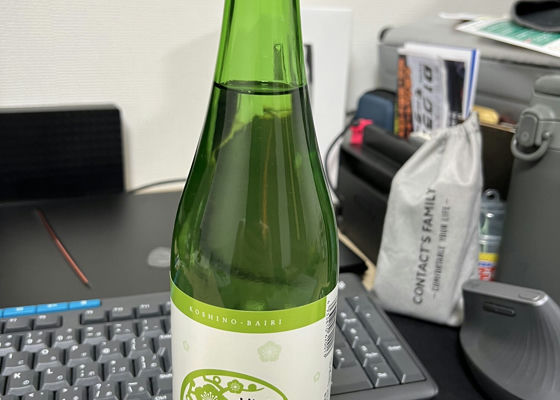
SakenowaRecord your sake experiences and discover your favorites
Most Check-in Brands
Timeline

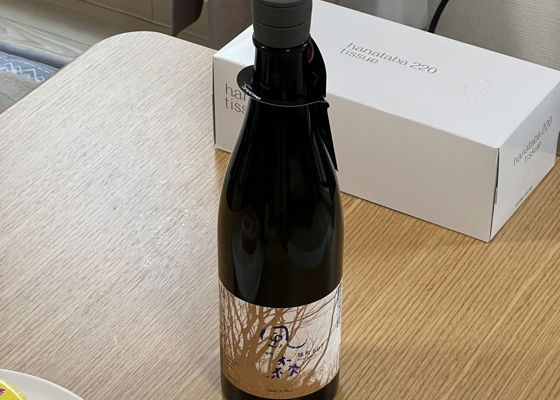
すぐる
It is carbonated in the mouth and tastes like a ramune.
Japanese>English
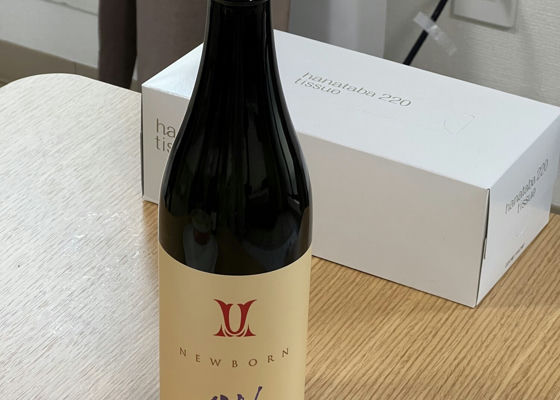
すぐる
It has an immediate pineapple-like sweetness on the palate, with a strong alcohol taste in the mid-palate. As it passes down the throat, the lingering aroma of akabu rice is apparent in the aftertaste.
Japanese>English
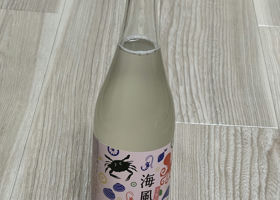
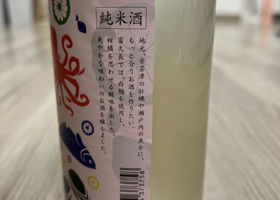
すぐる
It is a very refreshing sake, with a distinct spice taste and a carbonated, refreshing, wine-like quality.
Japanese>English
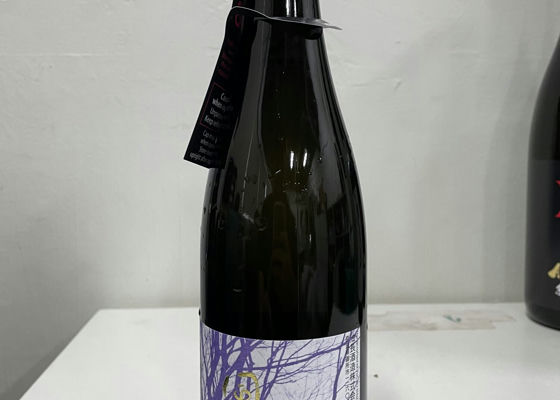
すぐる
It was good, but I forgot some of the finer flavors. Let me just record it.
Be careful when opening the bottle, the lid might pop off.
Japanese>English
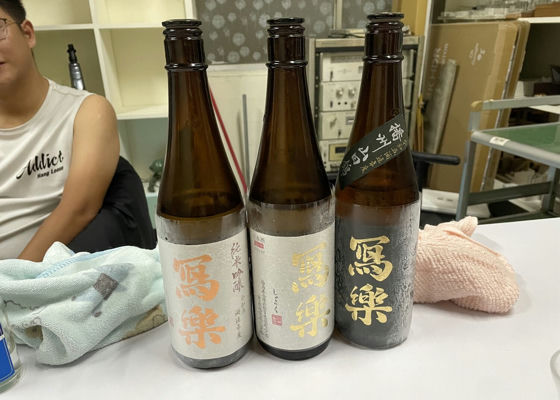
すぐる
Ranking of aroma intensity is right to left to middle.
I forgot a little taste for the detailed taste, let me just record it 🥹.
Japanese>English
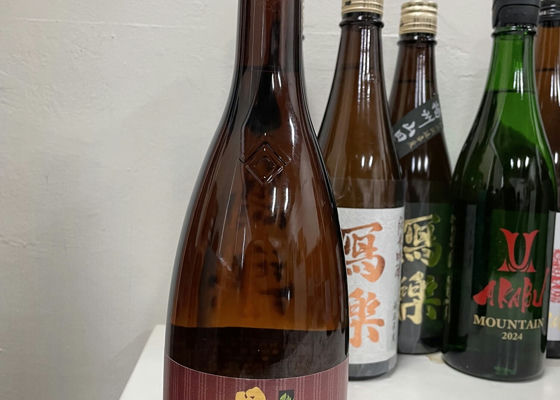
すぐる
It smelled elegant and tasted special.
Japanese>English
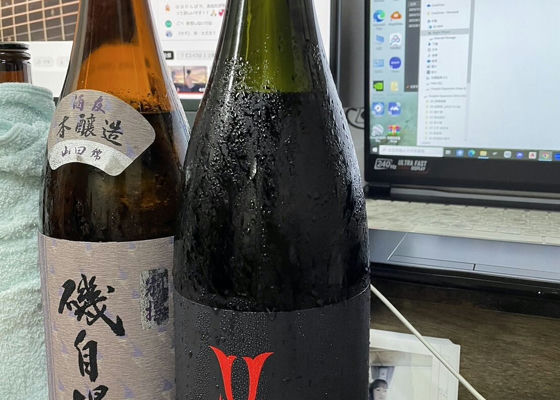
すぐる
It has a less carbonated texture than MOUTAIN, a nice aroma that is typical of Akabu, and a lingering aftertaste that was only slight but delicious enough to keep one from getting bored.
Japanese>English

すぐる
It's very carbonated, sweet and easy to drink, so I have to be careful because it's the type of drink that you finish quickly. But there wasn't much of a lingering taste left in my mouth at the end, which was a bit disappointing, even though it was good.
Japanese>English
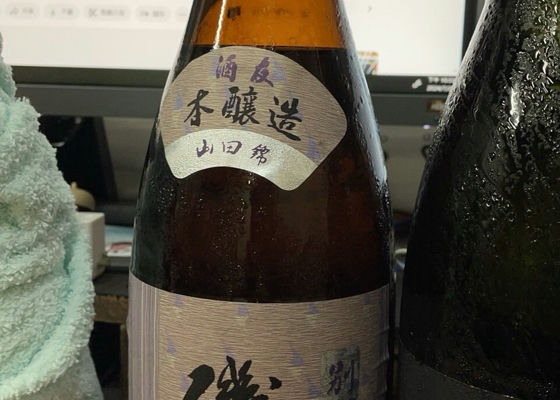
すぐる
The initial taste was light, but after swallowing it, the taste gradually came out. But there was a slight bitter taste. I think it would be a better order if I had a little stronger tasting sake before drinking the Isobojimai.
After two days, the bitter taste was gone.
Japanese>English
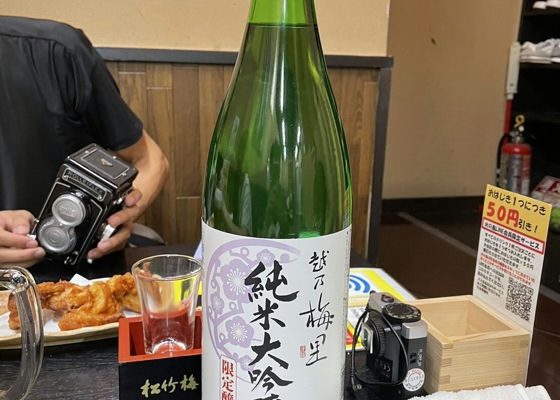
すぐる
It was good, but as time went by, I forgot a bit about the taste. Please note that this is just for 🥹recording purposes only.
Japanese>English
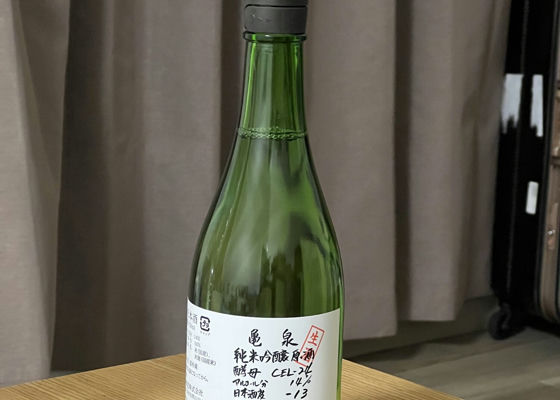
すぐる
It is sweet like a ramune, soft and very easy to drink, and if you are not careful, you may finish it quickly.
Another story? The bottle lid is a bit tight and hard to open.
Japanese>English
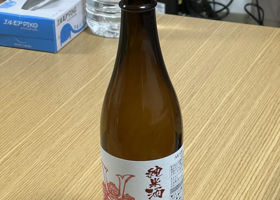
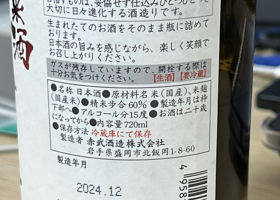
すぐる
It was my first time to drink it. The sake was a junmai ginjo from Akabu, and this time the junmai sake from Akabu was not contrary to what I thought it would be, as soon as it entered my mouth, the good taste of rice spread in my mouth, and when I swallowed it, it left a little bit of a lingering taste in my throat. Finally, there was a lingering taste in my mouth. Very satisfying.
Japanese>English
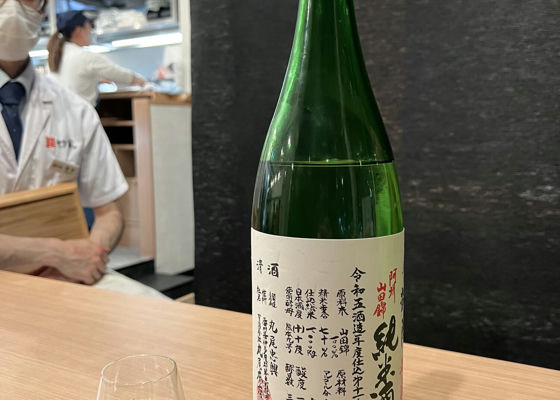
すぐる
It has a robust flavor of rice fat and is slightly dry. I have heard that it is good with strong flavored dishes, but I prefer to drink it as it is.
Japanese>English

すぐる
It has a very strong aroma when the bottle is just opened, the taste is light in the mouth, and the fruity aroma gradually develops later. There is a lingering bitterness, and the flavor of rice fat can be felt after it has gone down the throat.
When drunk a few days after opening the bottle, the lingering bitterness disappears and the taste becomes more mellow, so it is recommended not to drink too much when the bottle is just opened.
Japanese>English
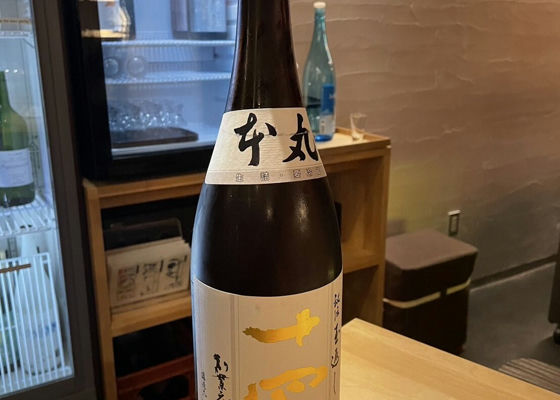
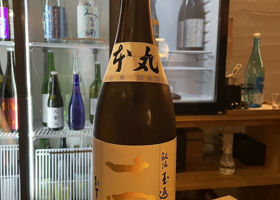

すぐる
<Honmaru Jyushiyo
Unspeakably smooth, with an amazingly smooth change in flavor. It is perfectly finished in every aspect.
Japanese>English
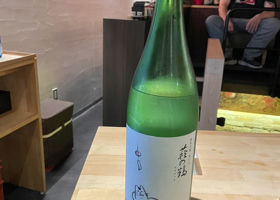
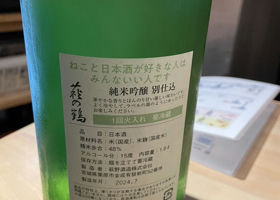
すぐる
The gorgeous aroma stands out, with a refreshing carbonation stimulation and a rich sweetness.
Japanese>English

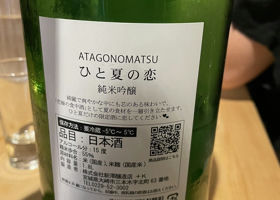
すぐる
Smooth and sweet on the palate.
Japanese>English

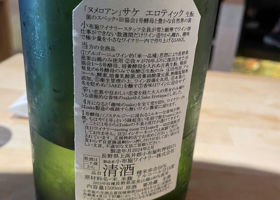
すぐる
The mouthfeel is smooth, with a slight carbonation sensation that occasionally irritates the tip of the tongue. A lingering sweetness spreads through the palate, making it special.
Japanese>English
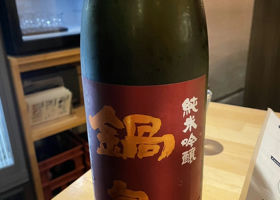
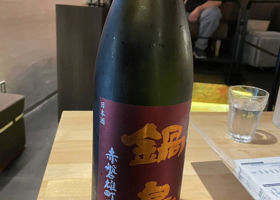
すぐる
The gorgeous aroma enhances the sweetness of the wine, and it is very smooth and sweet.
Japanese>English